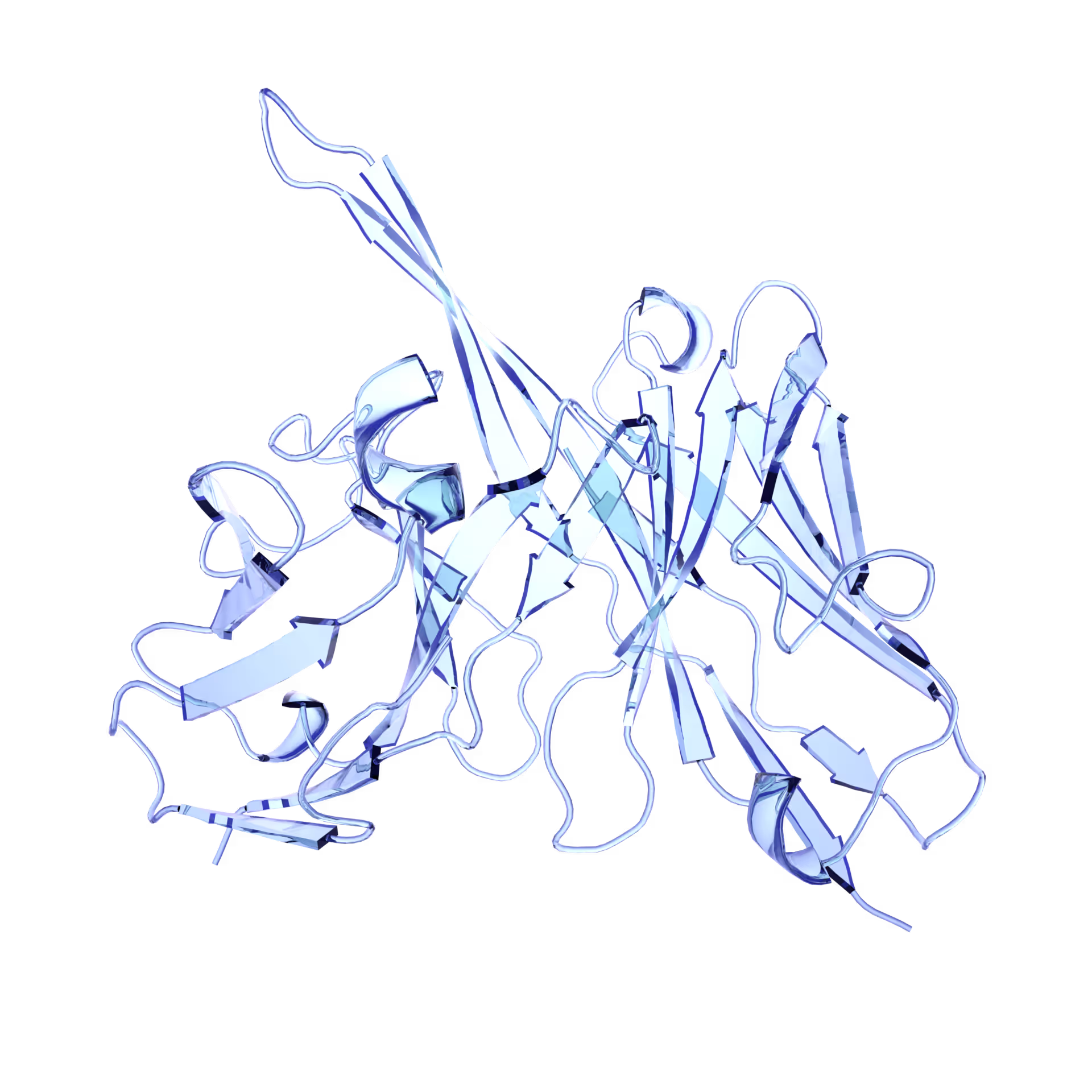Optimization &
Engineering

Optimized for Accelerated Development
To improve clinical suitability, antibody lead candidates often require optimization, including humanization, affinity maturation and liability de-risking. AVS Bio’s expert antibody engineering team has a track record of success in the humanization of antibodies from species such as mouse, rabbit, camelids and chicken, and the team is highly experienced with affinity maturation and derisking molecular optimization.
Resource:
Multiparametric Humanization
AVS Bio humanizes animal-derived antibodies in under two months, reducing risk and accelerating therapeutic development. Our proprietary high throughput 'CDR grafting' technology, which advances the targeted mutagenesis strategy for both framework and CDR residues to enable humanness optimization and early derisking, accelerates data-driven lead selection. Using a symbiotic approach, our in silico humanization workflow is integrated with in silico developability profiling to simultaneously humanize and derisk your lead antibodies, generating a well characterized, diverse panel of humanized and derisked lead variants per lead candidate.
Affinity maturation
Affinity is a critical property of therapeutic antibodies, and lead candidates with functional characteristics of interest may require affinity finetuning or improvement for optimal efficacy. At AVS Bio, our experienced antibody engineering team can apply different affinity maturation strategies to increase antibody affinity.
Phage display-based
We boost antibody performance with phage display, screening up to 109 CDR variants. When structural models are available, we target key binding residues for even greater precision—delivering faster, more effective affinity maturation.
Single amino acid and combinatorial mutant panel screening
AVS Bio refines affinity maturation by generating large panels of single amino acid CDR mutants. Each residue is replaced with nine representative amino acids and tested for binding strength. Top performers are then combined into multi-mutants to identify candidates with optimal affinity.
Epitope-guided variant design
AVS Bio advances the affinity maturation process using high-throughput experimental epitope mapping data generated by our partner. Based on identified key interacting residues, AVS Bio’s antibody engineering team generates an in silico-based antibody-antigen docking model that serves as the basis for the design of optimized clones. This set of around 20 clones will be lab tested for affinity.
